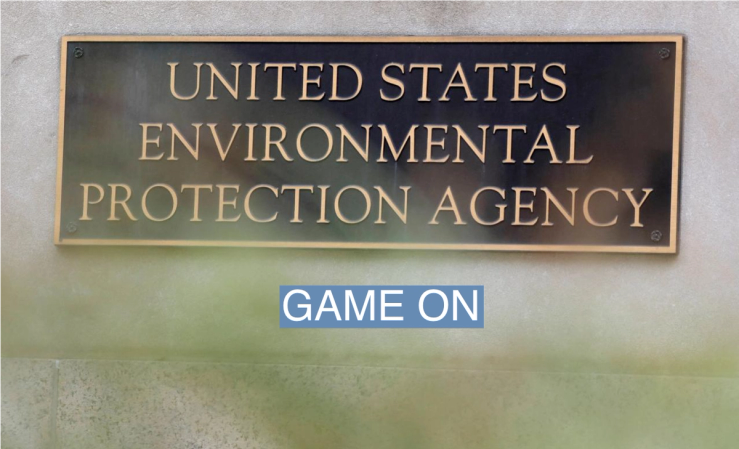The News
The US’ largest oil trade group filed a lawsuit Thursday that attempts to block the Biden administration’s mandate to have electric vehicles comprise up to 56% of new car sales between 2030 and 2032, essentially eliminating most new gas-powered cars and hybrid vehicles from the US market in less than a decade.
The American Petroleum Institute, which represents firms like Exxon-Mobile and Chevron, alleged in the lawsuit that the US Environmental Protection Agency overstepped its congressional authority, while co-petitioners including the National Corn Growers Association, argued that the EPA rules will harm the agriculture industry that produces corn-ethanol products.
SIGNALS
Even most ambitious decarbonization efforts won’t kill Big Oil
EV sales are at an all-time high, and analysts are forecasting that demand for oil will peak sooner rather than later. But even in the best-case scenario, where EVs account for 60 percent of new vehicle sales by 2030, there will still be some demand for oil, in part because cars, trucks, and buses currently only account for 45% of global oil demand, and demand in other sectors like petrochemicals and air transport is expected to rise. EVs are only “one variable in a more complex equation,” said energy researcher Pavel Molchanov at the Raymond James investment bank. Big Oil has started to diversify into industries that support EV manufacturing, but this lawsuit shows that “they need time” and are worried about the pace of vehicle electrification, Josh Linn, a fellow at the Resources for the Future, told Semafor.
Biofuels aren’t helping
The EPA’s own Renewable Fuel Standards require transportation fuels to contain a minimum amount of biofuels like corn-ethanol. The idea is that this reduces greenhouse gas emissions from fossil fuels. But the initiative “has not lived up to what many people envisioned that it would be,” Resources for the Future’s Josh Linn said. There is a “pathway” to better economically support biofuels, but in the absence of more aggressive policies, more carbon-efficient biofuels, like cellulosic biodiesel, haven’t caught on. Instead, electric vehicles have “emerged as the frontrunner” for reducing emissions, Linn said.
Big Oil faces its own legal hurdles
State and local governments have filed several lawsuits in recent years targeting oil giants, including Exxon, Shell, and BP. The suits share an underlying argument that these companies knew how harmful fossil fuels are for the climate but continued to promote them while downplaying the danger. These firms have tried to move some of the cases to federal court, where they may get more protection under the law, but a string of federal decisions have generally punted them back to states, allowing for jury trials, local government magazine Governing reported. Oil companies are waging a “war of attrition” — the cases will take years and cost many thousands of dollars in legal fees, one environmental law expert said, but getting big states like California in the fight could help in more meaningful climate litigation.



